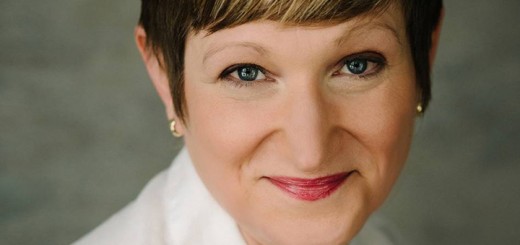Commentary by Amy L. Stewart
Those of us who work with people in conflict are accustomed to encountering a lot of blame. As I’ve become more curious about that, I’ve noticed a lot of blame everywhere. It’s one of our favorite pastimes.
But I’ve noticed something else. My happiest clients, no matter how great their hardships, aren’t prone to blame. Like an addictive drug that feels good at first but ends up causing misery, blame is a sneaky habit.
Blame makes us feel tough. “There’s nothing wrong with me. It’s their fault.” But look deeper, and you see that blame actually weakens us. When we blame someone, we give them our power with the same breath. It’s all about them. We concede that they are in charge. We are helpless, a mere victim. We don’t control our experience; they do. And since we can’t change them, but only ourselves, that’s how things likely will stay.
There’s another sneaky thing about blame. When we blame, we not only surrender our power, but we create the seductive illusion that we have no responsibility. This is blame’s hook. “It wasn’t me. They did it.” Ugh, how we hate being responsible. But the truth is, we are responsible, whether we own up to it or not.
Finally, blame disconnects us. It’s us versus them. It destroys any possibility of the connection or compassion that are needed to solve our conflicts.
The alternative isn’t to blame ourselves. The alternative is to enjoy a nourishing cup of our own responsibility and power. Try this: The next time you blame “them,” just stop. Instead, ask yourself: What did I do? What can I do differently? Can I accept this without blaming? Why does this bother me? What can I do about that?
I know, it’s uncomfortable at first. Recovery takes time and practice. But I promise you’ll be happier clean. Blame me.



